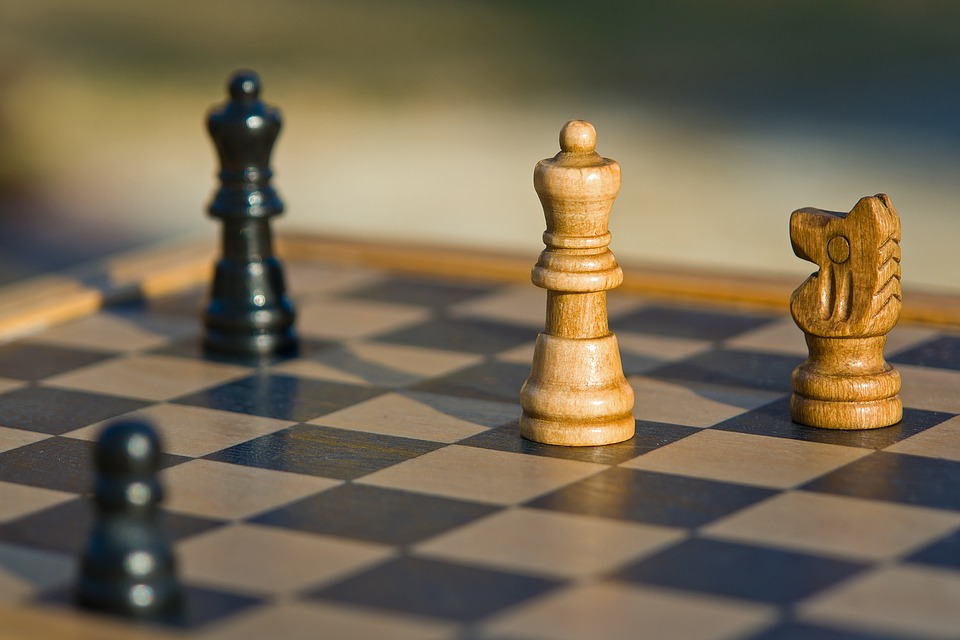Play, Recreation, and Experimentation: Literature and the Arts since the Early Modern Times
University of Kent, Canterbury
Friday 8 December – Saturday 9 December 2017
CALL FOR PAPERS
Invited speakers: Professor Peter Dayan (Edinburgh), Professor Ulrike Zitzlsperger (Exeter), Dr Thomas Karshan (UEA)
This interdisciplinary conference aims to explore relations between play, recreation, and experimentation by examining their articulations in literature and the arts (broadly understood as the visual arts, architecture, music/sound art, film) from the early modern period to now. There are many instances of engagement with the ludic and experimentation, e.g. early modern literature on the theme of playing with appearances (being and seeming); Duchamp’s Fontaine; Dada and Surrealist practices including cadavre exquis, collage, bricolage; Oulipo and pataphysics; postmodern pastiches and hybridity in architecture, and re-inventions of myth and history in contemporary fiction. Nevertheless, we intend to shed new light on these works and probe their implications for a theory of the ludic through considering the interactions and dialogues between play, recreation, and experimentation. The broad chronological and disciplinary scope is meant to accommodate to the comparative and intermedial perspective that this topic involves.
In recent years there has been increasing attention paid to the question of play and recreative practices and emphasis on their importance, as evidenced by studies in literature, critical theory, classics, philosophy, cultural studies, anthropology, cognitive and life sciences, education, and digital humanities. Nevertheless, play and recreation have not been sufficiently examined in the fields of literature and the creative arts, nor in specific connection to the important notions of experimentation and novelty. On the other hand, since Huizinga’s groundbreaking study Homo Ludens (1938) and Spariosu’s The Wreath of Wild Olive (1997), it has also become a truism to say that all literature and art are play. But to say everything is play is not to say much about play and the creative arts at all. There is the need for more specific and deeper examination that refines the characteristics and problematics of play and recreation within literature and art. This is what this conference purports to do by considering the following research questions, with the aims of revealing new and diverse ways of understanding the ludic and experimentation, and revise our conceptual frameworks about play, literature and the arts.
How to understand the playful in literature and the arts? Does it involve certain ludic modes of writing and of designing artworks, or does it lie rather in the audience’s reception and context of an artwork?
Is play a type of behaviour or intentionality, and how is it articulated in literature and artworks?
How may the perspective of ‘recreation’ shed new light on literary and artistic practices? – firstly, in the sense of how recreative and leisure activities may relate to the production of literature, art, and architectural space; secondly, in the sense of how literature and artworks re-create an existing canon, past experience, an original context and/or language through re-invention, appropriation, or re-performance?
Although experimental writing and art typically connote modernism and the avant-garde, is experimentation something that is also very present in other periods and styles? Does the raison d’être of experimental play lie in the pleasure and shock of the new?
Does being experimental necessarily involve a playful mode of engaging with literature and the arts, – a mode in which one is prepared for risk and failure (i.e. losing the game)? What happens when playing with or at something relates to the attempt to try something new without complete commitment? Should this affect how ludic works are critically judged, i.e. the artwork not as end-product but as attempts at and processes of creation?
Do experimental works tend to involve an interplay of different media? Is intermediality a ludic principle by nature? What about the evocation of another medium by use of only one medium (e.g. imagic poetry)?
Proposals are invited for papers addressing (but not limited to) the following themes:
- Ludic language, writing and its techniques and characteristics;
- Theoretical discussions on the notion of play, the ludic, laughter, ludic aesthetics, the pleasure and shock that results from experimentation;
- Recreative activities, leisure, and experimentation in literary writing, artistic practices, and spatial organisation;
- Re-creation in the sense of re-invention, revitalisation, adaptation, appropriation, translation and trans-lingual practices, performance, hybrid genres in play;
- Relations between play and experimentation, pleasure and novelty, risk and failure in experimentation;
- Appearance, superficiality, and play: playing with appearances, masquerade, imitation; different literary forms such as satire, parody, pastiche; experimenting with the new and dilettantism;
- Intermediality and play: play between the senses, language, and abstract thought; different modes of play in different media and mixed media; games in literature and visual arts.
We encourage submissions that engage with creative output in European modern languages and culture, and comparative discussions between European and non-European literatures and arts.
Proposals for 20-min papers (maximum 300-word abstract) and a short biography of the author with his/her affiliation and contact details should be sent to the conference organisers Dr Xiaofan Amy Li (Kent) and Dr Helena Taylor (Exeter) at <playconference2017@gmail.com> by midnight (UK time) 31 July 2017.
Organised collaboratively between the University of Kent and the University of Exeter, with the generous support of the MHRA conference award and the British Comparative Literature Association.


